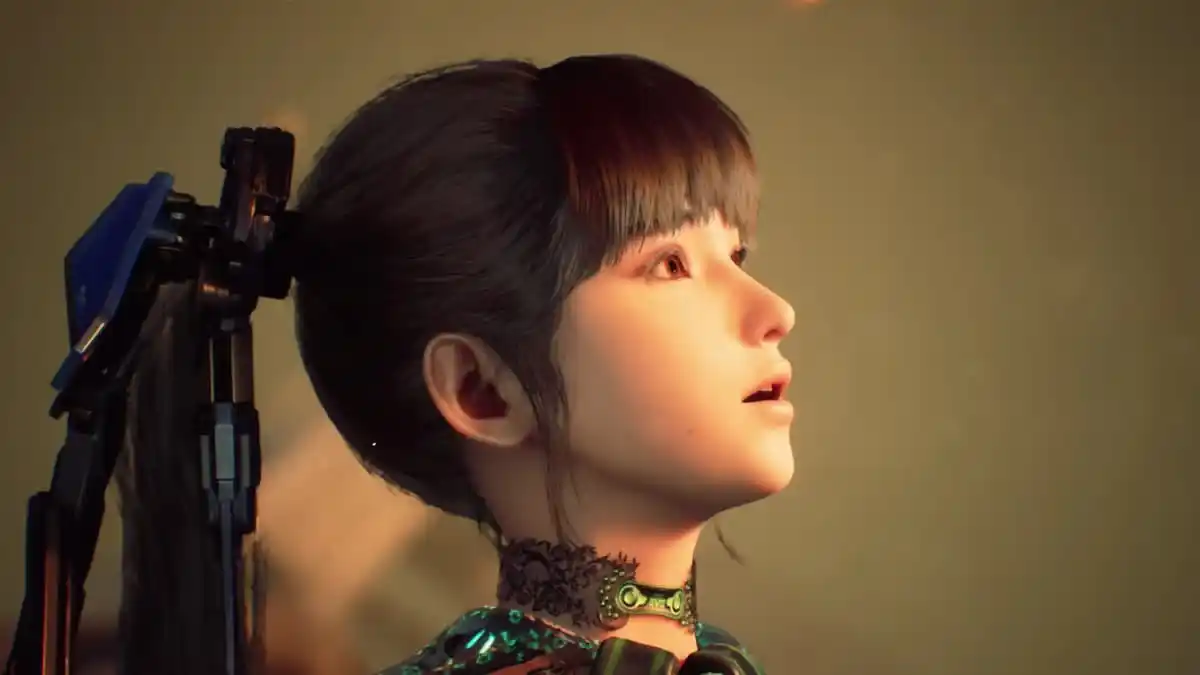The gaming landscape has seen its fair share of highs and lows in recent years, with both standout titles and notable disappointments. Among the highly anticipated releases is Stellar Blade, an upcoming PlayStation 5 exclusive from South Korean developer SHIFT UP. However, despite its promising gameplay mechanics and action-adventure focus, the game has stirred controversy due to its portrayal of the protagonist, Eve.
Scheduled for release on April 26th, Stellar Blade marks SHIFT UP’s debut in the Triple-A gaming arena. Positioned as a third-person action-adventure title with a strong emphasis on combat and attack patterns, the game has garnered attention for its gameplay mechanics. However, it’s the design choices surrounding the protagonist, Eve, that have sparked debate among fans and critics alike.
Eve’s character design has drawn criticism for its overt sexualization, with many expressing concerns over the portrayal of female characters in gaming. While sexualized female characters are not uncommon in the industry, there has been a growing trend towards more diverse and realistic representations. SHIFT UP’s decision to embrace a hyper-sexualized design for Eve has reignited discussions around the portrayal of women in gaming and the industry’s progress—or lack thereof—in moving away from such tropes.
The controversy surrounding Stellar Blade extends beyond its character design, raising questions about underlying sexism within gaming communities. Some argue that the game’s portrayal of Eve perpetuates harmful stereotypes and undermines efforts towards more inclusive representation. Furthermore, comparisons have been drawn between Eve and characters from other games, such as The Last of Us Part II, highlighting disparities in the depiction of female bodies and reinforcing existing criticisms of the industry’s approach to diversity and representation.
SHIFT UP’s response to the controversy, particularly the statement from the lead developer emphasizing the focus on character design due to its visibility to players, has faced scrutiny and further fueled the debate. Critics argue that such remarks trivialize the issue and fail to address broader concerns about gender representation in gaming.
Ultimately, the controversy surrounding Stellar Blade raises important questions about the responsibilities of game developers in shaping inclusive and respectful gaming experiences. While the game itself may serve as a focal point for these discussions, the broader issue of sexism in gaming remains a significant and ongoing challenge for the industry as a whole.

